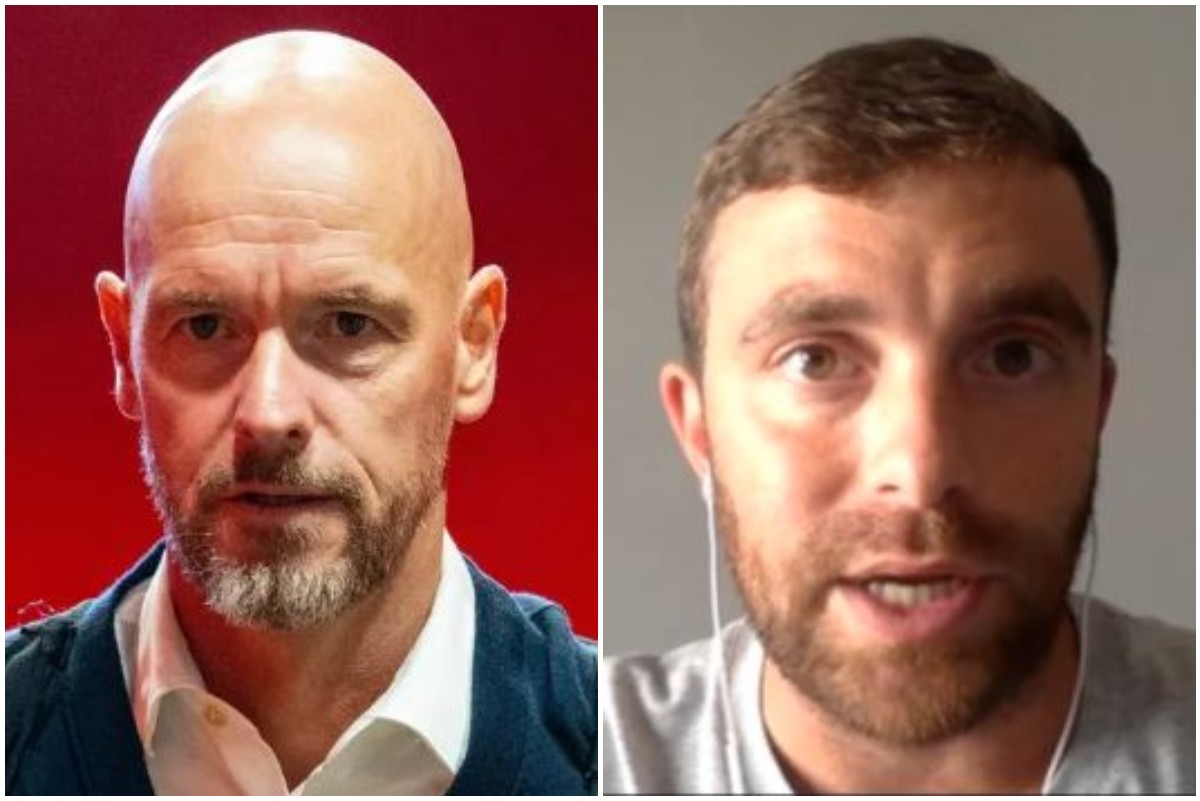Burnley were relegated from the Premier League on Saturday with Luton Town on the brink of the same faith and TalkSPORT pundit Jamie O’Hara is happy to see the duo go down.
Vincent Kompany’s side were beaten 2-1 by Tottenham to confirm their place in the Championship next season, while Luton lost 3-1 at West Ham to put them on the brink as they are three points behind Nottingham Forest with a game to go, with Forest also having a superior goal difference.
There have been positives for the two teams having come up to the Premier League last season as Burnley have played well in recent weeks, while Luton have taken their fight to the final day with the resources they have.
Both clubs will be stronger having experienced the current campaign but TalkSPORT pundit Jamie O’Hara is happy to see the duo go down as he believes they aren’t good enough for the English top flight.

Jamie O’Hara happy to see Burnley and Luton Town get relegated from the Premier League
Speaking after the 3pm Premier League games on Saturday on TalkSPORT, O’Hara stated that he believes that Burnley and Luton deserve to go down and has branded their goal difference “an absolute joke.”
“About time they went down. Nothing came from those games today for them”, the former Tottenham star said via OneFootball.
“Deservedly so they are going down. The goal difference is an absolute joke and they haven’t been good enough to stay in the Premier League.
“It’s a ruthless business being in the top flight and the teams coming up from the Championship need to be better.
“They are going down and good riddance I say because they’ve not been good enough.”




Ohara you are completer bum wipe typical of the premier league no space for the underdog, these underdogs Ohara are self sufficient and not millions in debt.